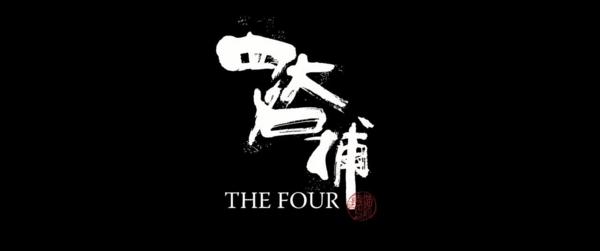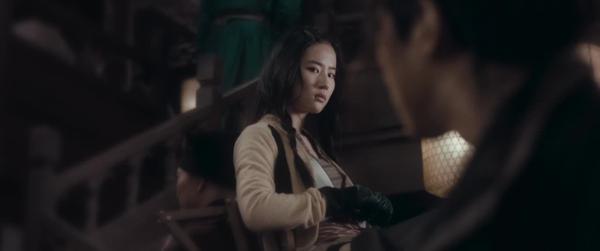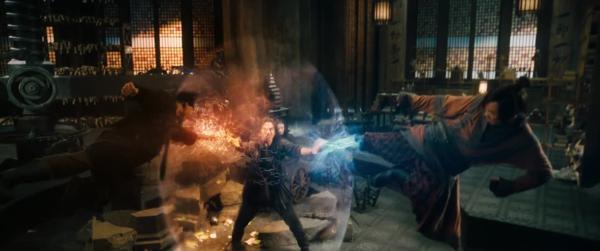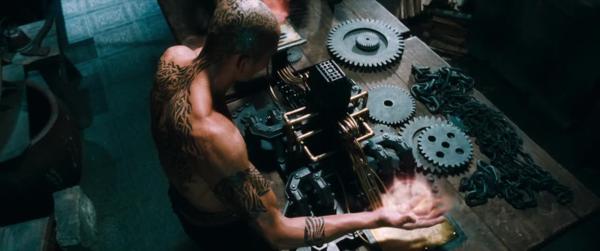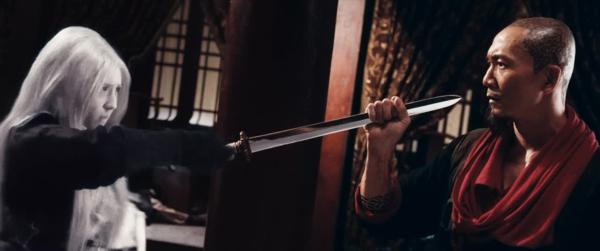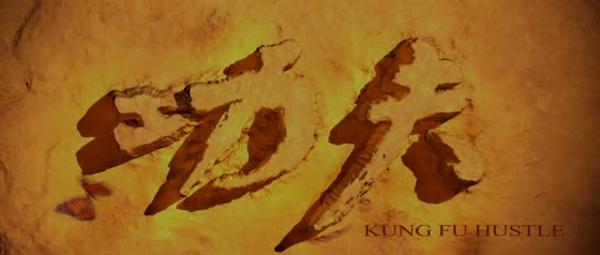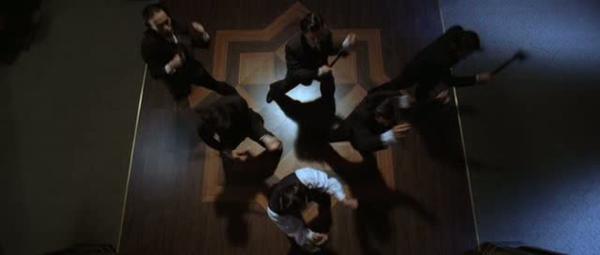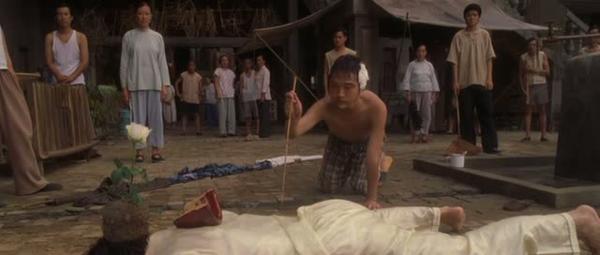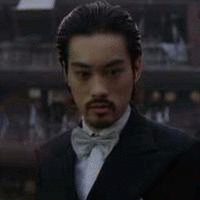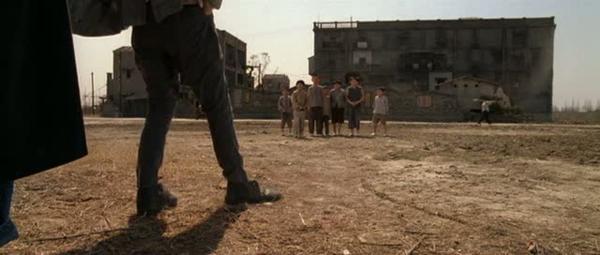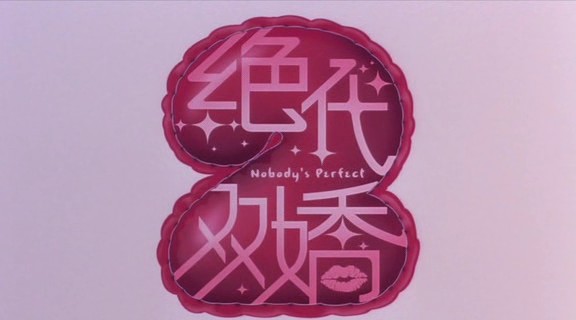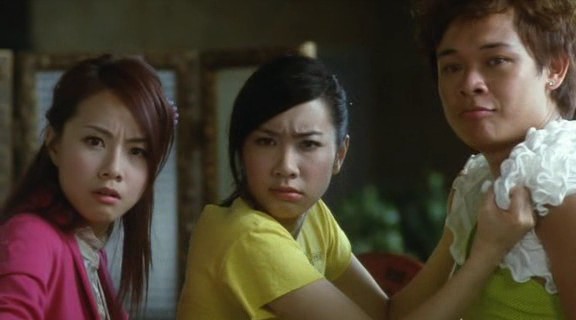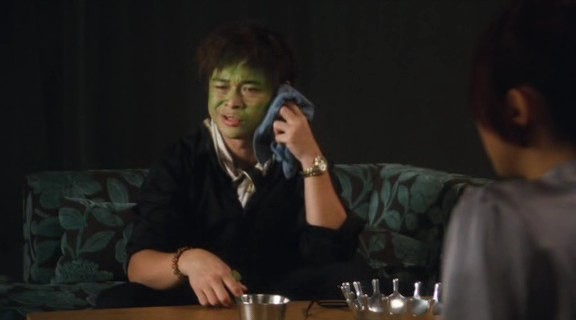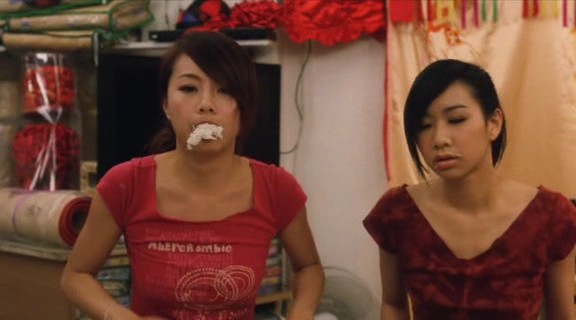
I Love Hong Kong
aka Ngo oi Heung Gong: Hoi sum man seoi aka 我愛香港

2011
Directed by Chung Shu-Kai and Eric Tsang Chi-Wai
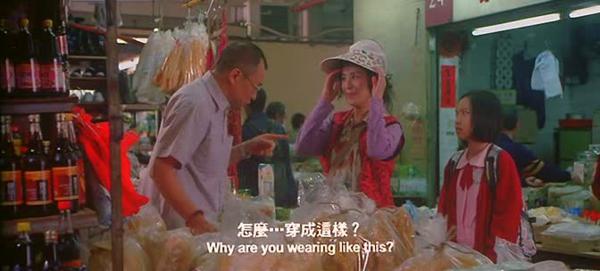
I Love Hong Kong is another Shaw/TVB backed Lunar New Year comedy coming on the heals of 2010’s 72 Tenants of Prosperity. It is also deeply tied to Hong Kong nostalgia, and growing up in Hong Kong. Thus, a lot of the charm of the film does not translate well to overseas markets. And while parts of the film are funny and interesting, it feels like you are at your roommate’s family reunion. This isn’t to say that I Love Hong Kong is a bad film, but if you didn’t spend time living in Hong Kong, it is probably impossible to fully appreciate it. And I say that as someone who’s never lived in Hong Kong.
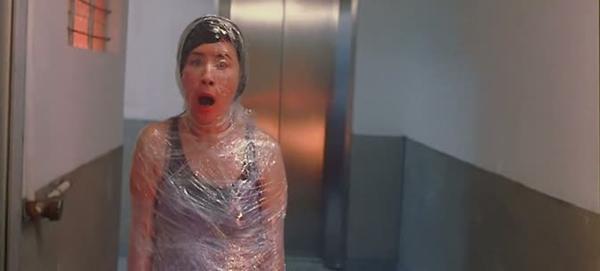
During the Lunar New Year in Hong Kong, it has become tradition for the studios to release comedy films. And that tradition dates back to 1937’s Bloom and Prosper, a film that doesn’t exist any more. Lunar New Year’s films generally have huge casts bursting to the brims with everyone famous they can cram in, wacky plots, romance, and lampooning cultural targets. And while the modern age may have lessened the impact of the box office, the tradition is alive and well. Besides starring a whole host of people, I Love Hong Kong has two directors, three script writers (Chung Shu-Kai, Heiward Mak Hei-Yan, Wong Yeung-Tat), and is based on an original story by 8 people (Eric Tsang, Chung Shu Kai, Heiward Mak, Wong Yeung Tat, Manho Mok, Chan Cheuk Wah, Ming Wong, and Louis Ng)! That’s almost as many people as who write the average terrible Hollywood blockbuster. Some of the cameos include Tenky Tin Kai-Man, Michelle Lo Mik-Suet, and even Maggie Cheung!
The theme song repeats the “I Love Hong Kong” phrase a lot, and by the end of the song you are reassured that everyone on the planet loves Hong Kong. So get with the program! There are several other songs in the films, usually during flashback sequences, and they are classic songs well enough known that my wife was singing along.
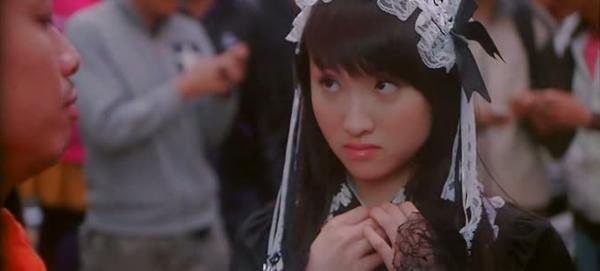

 |
Ng Shun (Tony Leung Ka-Fai) – The former owner of a toy factory out of work when the factory is forced to close. Moves his whole family (illegally) into his father’s apartment, where he grew up, and reconnects with the residents he left behind. played by Bosco Wong in flashbacks. |
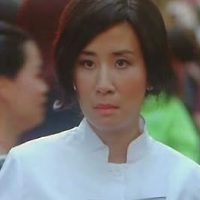 |
Shun So (Sandra Ng Kwun-Yu) – Forced to take an old job at a beautician’s office, but is treated like crap by her former coworker and friend. In another hilarious scene, she acts as a stunt double for a tv series. Her youngest daughter is Ng King (Chan Wing Lam). Sandra Ng is also in Mr. and Mrs. Incredible, The Eight Hilarious Gods, and Beauty on Duty. |
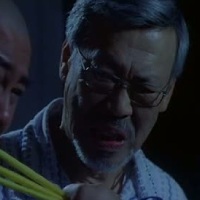 |
Ng Tung (Stanley Fung Sui-Fan) – Shun’s dad and grandfather to the three kids. Lives in the Hong Kong apartment complex all his life, and now has to deal with his grown son returning with his whole family. Is fully integrated in the complex and never wants to leave. Also his birthday is July 14th, and that’s the day I finished writing this review. Coincidence?? I think not!!!! Stanley Fung has been in over 100 films, so odds are you’ve seen him in something. |
 |
Ng Ming (Aarif Lee Chi-Ting) – The son of the Ng family. Is FEHD (Food and Environmental Hygiene Department), but his job is going after street vendors, which is bad because where he just moved into is filled with the people he’ll be busting! Aarif Lee is one of the new Hong Kong heartthrob guys you will probably hear a lot of soon. They even reference one of his earlier roles as Bruce Lee in this film. |
 |
Ng Chee (Mag Lam Yan-Tung) – The Ng’s older daughter, who works as a promotions model while going to college. Is shy and not wanting to bare her body like the famous E Cup Baby. Mag Lam won the reality show The Voice 2 and was quickly snatched up to a four year deal by EEG. This is her first film. |
 |
Tok Shui Lung (Eric Tsang Chi-Wai) – After some rough goings when he first comes back, Tok Shui Ling and Ng Shun return to being best of buds. Tok knows a lot about everything and is good at getting Shun to go along with his schemes to get into trouble. But there is more to Tok Shui Lung than we, and Ng Shun, know. Tok is played by Wong Cho-lam in flashbacks, where we watch as his girlfriend becomes Miss Hong Kong and dumps him. Eric Tsang is also on TarsTarkas.NET in Kung Fu Cyborg and Task Force. |
|
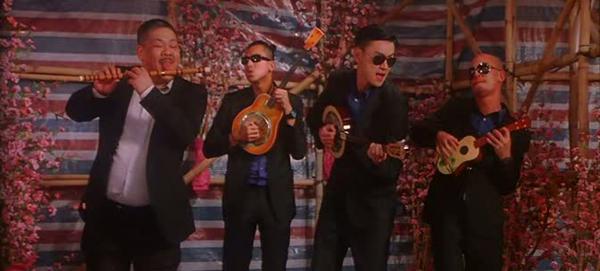
Continue reading →

![]()





